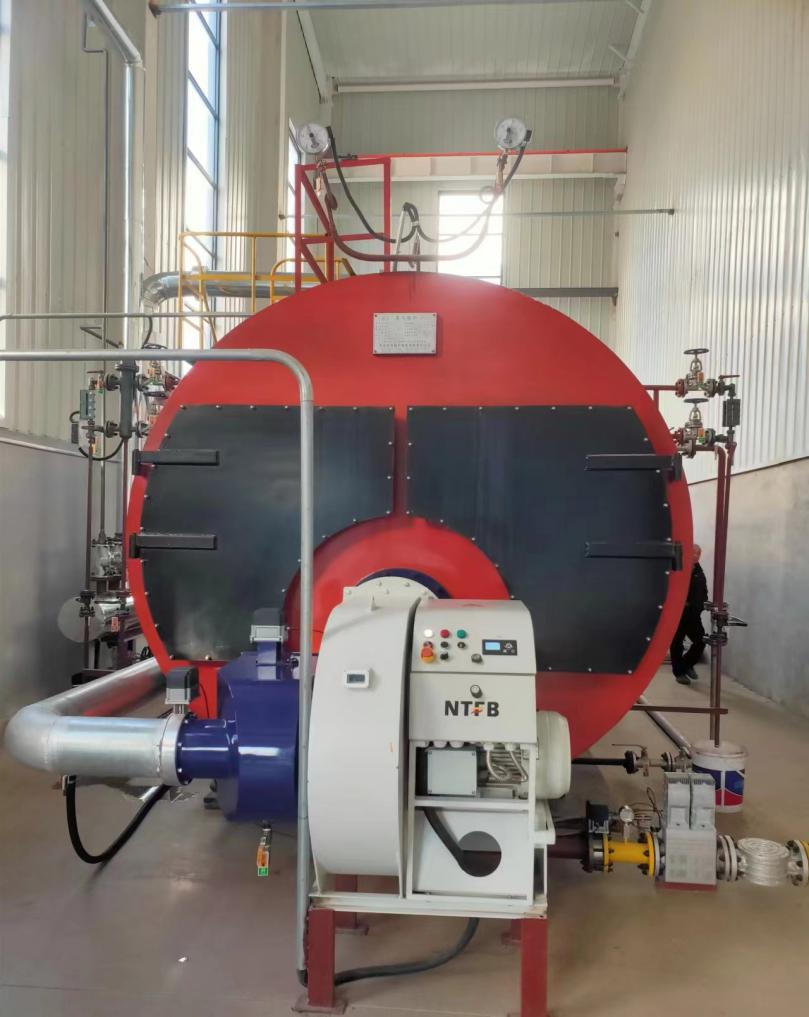
Aug . 17, 2024 04:32 Back to list
Understanding the Principles and Benefits of Dry Steam Boiler Systems
Understanding Dry Steam Boilers A Comprehensive Overview
Dry steam boilers are pivotal components in various industrial processes, providing efficient and high-quality steam that is essential for a wide range of applications. These boilers operate on a fundamental principle water is heated past its boiling point to produce steam, without the presence of excess moisture. This results in what’s known as dry steam, a crucial factor in several industries, including power generation, food processing, pharmaceuticals, and chemical manufacturing.
What is Dry Steam?
Dry steam is steam that contains no water droplets, ensuring that it is 100% vapor. This characteristic is essential because wet steam, which may contain moisture, can introduce inefficiencies and potential damages to equipment. Dry steam maintains the necessary temperature and energy content needed for efficient heat transfer and vaporization processes, making it a preferred choice for many industrial applications.
How Dry Steam Boilers Work
The operation of dry steam boilers involves several key components the steam drum, pressure vessel, heating elements, and steam separators. Water is introduced into the steam drum, where it is heated by combustion gases produced from burning fuel such as natural gas, oil, or biomass. As the water temperature increases, it begins to vaporize.
To ensure that the steam produced is dry, these boilers employ a steam separator or a moisture separator. This component effectively removes any moisture that may form during the steam production process. The resulting dry steam is then directed to the process systems at a specific pressure and temperature, depending on operational requirements.
Advantages of Dry Steam Boilers
1. Efficiency Dry steam boilers are designed for optimal efficiency. They can deliver steam at high temperatures and pressures with minimal heat loss. Enhanced thermal efficiency translates into lower fuel consumption and reduced operational costs.
dry steam boiler

2. Quality of Steam The quality of steam generated is crucial for many processes. Dry steam minimizes the risk of corrosion and scaling in equipment, ensuring longevity and reducing maintenance costs. This quality also enhances the effectiveness of processes such as sterilization in the pharmaceutical industry.
3. Versatility These boilers can be used in various applications, from heating systems to power generation. They are adaptable to different operational scenarios, making them suitable for use in both small and large-scale operations.
4. Environmental Impact Dry steam boilers can be integrated with renewable energy sources, like biomass or solar energy, helping industries reduce their carbon footprint. By utilizing cleaner fuels and improving energy efficiency, businesses can contribute to environmental sustainability.
Challenges and Considerations
Despite their advantages, dry steam boilers come with challenges that operators must manage. Regular maintenance is essential to ensure that all components, particularly steam separators, are functioning correctly. Any malfunction can lead to the production of wet steam, which can compromise the efficiency and safety of operations.
Operators must also monitor pressure and temperature closely to maintain optimal conditions. Overpressure situations can be hazardous and may require the installation of safety valves and automatic control systems to mitigate risks.
Conclusion
In conclusion, dry steam boilers play an integral role in various industrial processes requiring high-quality, efficient steam. Their design and operational principles focus on delivering dry steam, which is critical for performance and reliability. As industries continue to seek ways to enhance efficiency and sustainability, dry steam boilers remain a vital asset in meeting these demands. Careful management of these systems will ensure that they continue to provide reliable service in the years to come.
-
High-Efficiency Commercial Oil Fired Steam Boiler for Industry
NewsJul.30,2025
-
High-Efficiency Biomass Fired Thermal Oil Boiler Solutions
NewsJul.30,2025
-
High Efficiency Gas Fired Thermal Oil Boiler for Industrial Heating
NewsJul.29,2025
-
High-Efficiency Gas Fired Hot Water Boiler for Sale – Reliable & Affordable
NewsJul.29,2025
-
High Efficiency Biomass Fired Hot Water Boiler for Industrial and Commercial Use
NewsJul.29,2025
-
High-Efficiency Biomass Fired Hot Water Boiler for Industrial Use
NewsJul.28,2025
Related PRODUCTS






















